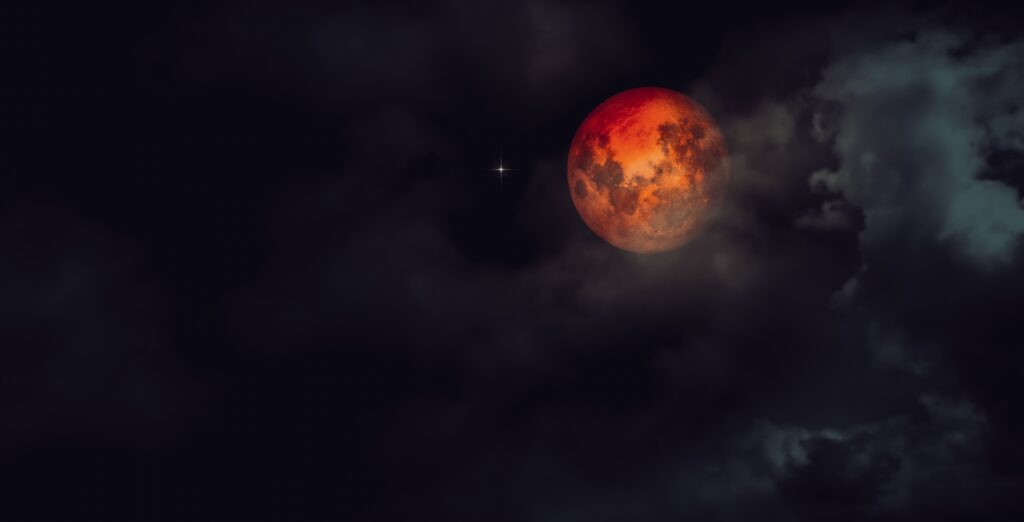This Sunday, 7 September, Europe will witness a total lunar eclipse—a “blood moon”—the longest since 2022 at around 82 minutes. During this event, the Earth passes directly between the sun and the moon, casting its shadow across the lunar surface. Only red light, bent through Earth’s atmosphere, reaches the moon, giving it its distinctive reddish hue.
Historically, blood moons have carried both ominous and hopeful meanings. Across civilizations—from Babylon to China to Central America—they were often interpreted as warnings of wars, natural disasters, or the deaths of rulers. Conversely, some African cultures, such as the Batammaliba of Togo and Benin, saw lunar eclipses as opportunities for renewal and reconciliation, symbolically resolving cosmic conflicts between the sun and the moon.
Today, the event sparks different reactions from science and astrology. Astronomers like Dr. Florian Freistetter emphasize the aesthetic and rare nature of the eclipse while dismissing astrological interpretations as lacking causal basis. Meanwhile, astrologers argue that lunar events mark symbolic turning points in personal and collective life. They describe correlations between planetary cycles and human patterns, emphasizing interpretation rather than physical causation.
Astrology, though not a science experiment, relies on centuries of structured observation, symbolism, and mathematical calculations—highlighted by psychologists and astrologers who point out the precision of modern techniques and historical awareness, such as accounting for the precession of the vernal equinox. Prominent figures, including former French President François Mitterrand, have historically consulted astrologers for personal and political guidance, illustrating the cultural weight of this practice.
Whatever your belief, the blood moon is a spectacular natural phenomenon. As Freistetter notes, “We are lucky to live on a planet where we can observe something like this.” Statistically, lunar eclipses are not linked to disasters, making them a perfect opportunity to enjoy the night sky while reflecting on history, culture, and cosmic cycles.


